Parking spaces become an endangered species
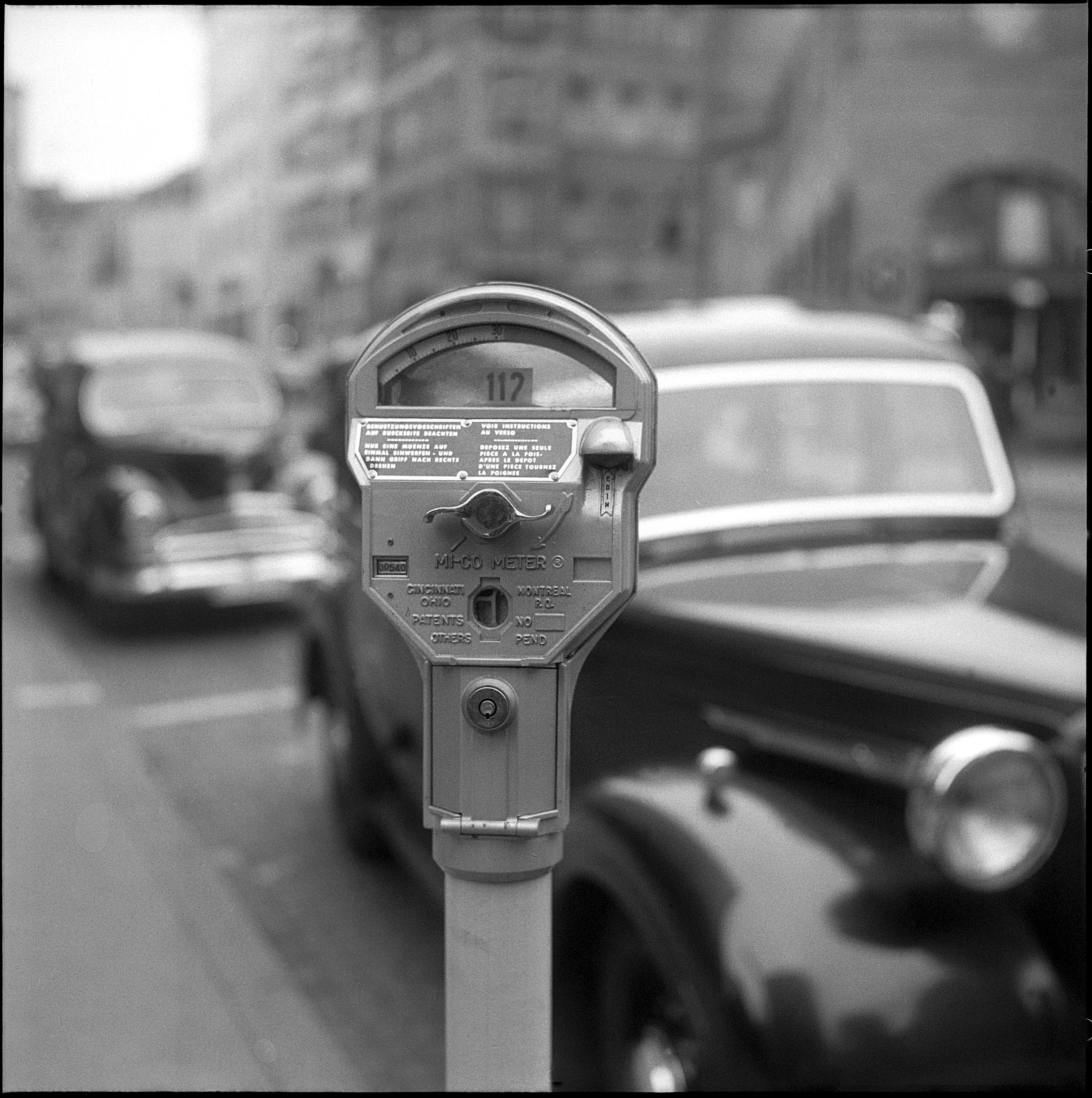
Swiss cities are some of the world’s most expensive to park a car – and the trend for limiting spaces further isn’t going to make them any cheaper.
In a 2011 global survey (see box), Zurich was the third-most expensive city to park in on a monthly basis, setting drivers back $822 (SFr750). Geneva came in eighth at $704. Both cities were also in the top ten for daily parking rates.
But the issue of car parking affects every Swiss city, with more and more restrictions coming into force. In the German-speaking part of the country in particular, the concept of “low-traffic living” is gaining ground.
On February 5, voters in Basel had to decide whether to allow in effect total freedom to build car parks on private property outside the historic town centre.
A “yes” would have isolated Basel from other Swiss cities and would have been a slap in the face of its ecological image. Switzerland’s third-largest city is known for its well-developed bicycle infrastructure.
As it turned out, two-thirds of voters rejected the people’s initiative, which contradicted efforts carried out across the country to curb the amount of private traffic in city centres by reducing the number of parking spaces.
“Parking is one of the major issues when dealing with the problem of mobility. Similar problems exist everywhere,” said Gianluigi Giacomel from Geneva University’s Mobility Observatory.
“Many studies have shown that when there’s a parking space waiting for you, you tend to take the car.”
The result was that at the beginning of the 1990s, Swiss cities started limiting the number of spaces available or turning free and unlimited white zones into limited blue or metered zones.
Compromise
The trend towards fewer parking spaces is increasing. In German-speaking Switzerland, Winterthur, Zurich and Schaffhausen – to name just a few cities – have recently changed the corresponding laws. Geneva is set to finalise its new master plan soon.
Basel remains one of the last Swiss cities to have a sizeable number of white zones (12 per cent). But the situation is going to change: a new law on public parking spaces will enable the gradual elimination of unlimited parking spaces by 2016.
More spectacularly, the Middle Bridge – the oldest bridge over the Rhine between Lake Constance and the North Sea – will be closed to cars, apart from delivery hours.
“It’s a symbolic change which will alter the city centre. Bikes will be able to cross certain main roads and cars won’t,” said Alain Groff, head of Basel City’s mobility office.
When it comes to parking, Zurich, which is already the most restrictive city, is currently going to the next stage – as an appeal against the new private parking regulations was rejected.
As for public parking in the centre of town, these spaces are the subject of a famous “historic compromise” between shopkeepers and the town council, involving compensation for lost underground spaces. Geneva could draw inspiration from this.
“Low-traffic living”
Zurich also appears to be the first city to anchor into law a concept which is currently all the rage in German-speaking Switzerland – namely that of “low-traffic living”.
Even though this measure is written into a law currently suspended by an appeal, it can already be applied according to Erich Willi, head of the project at the Zurich municipal department for public works and responsible for the parking strategy.
Winterthur has a similar law and Bern has authorised it in an exceptional case for a property project.
In the big cities of German-speaking Switzerland, almost half of all households are car-free.
Requests for dispensations are flooding in. To be accepted, they have to be accompanied by a mobility concept.
Willi gave the example of a new housing estate, under construction, where “part of the public transport subscription will be included in the rent. This cooperative will also rent parking spaces at cost price, that is, more expensive than usual”.
Swiss public transport
Even more extreme: in the centre of Zurich another co-op will demand that tenants – as part of their contract – be car-free. The restaurant planned within the premises will do the same for its staff.
Alain Groff takes a firmly pro-active line. “I’m not a massive believer in the power of awareness campaigns. People are rational: they’ll take the means of transport that benefits them the most and is the most practical,” he said.
“The Swiss are not necessarily greener than other people, but they are presented with an excellent public transport system. People everywhere are reacting to restrictions, for example on parking spaces.”
What’s more, the additional traffic generated by more parking spaces is not limited to cars.
“The greater the number of bicycle spaces, the greater the need to find a way of channelling the ever-growing number of bicycles,” he said.
To this end, Basel has limited to ten days the time bicycles can remain parked at the main train station.
A June 2011 study of 156 locations around the world by real estate consulting firm Colliers International (see link) found that London had the highest monthly car parking costs in the world and Oslo had the highest daily rate.
Bankers, executives and others employed in the City of London pay on average $1,084 (SFr990) a month to park their vehicles. Parking in Oslo’s business district costs $89.04 a day.
Parking prices increased in every region except the United States between June 2010 and June 2011, according to Colliers. The cheapest city to park in was Jakarta at 92 cents a day, $88.12 less than in the Norwegian capital.
On a monthly basis, London’s West End district was the second-most expensive at $1,014, followed by Zurich at $822 and Hong Kong at $744.72, which edged out Tokyo at $744. The figure for Geneva was $704.70.
The priciest daily parking locations were Copenhagen at $73.11 and Melbourne at $69.53. Zurich and Geneva both cost $49.98.
Colliers surveyed the costs of parking in a covered or underground car park in 156 business districts around the world. Manhattan’s midtown and downtown areas were the 17th and 18th most expensive areas at $541 and $533 a month. On a daily basis, Midtown ranked 15th at $41 day and downtown 35th at $30.
In January 2011, a comparative study carried out by the authorities in Winterthur looked at the cities of Winterthur, Zurich, Basel, Lucerne and Bern.
Zurich had the fewest parking spaces in almost all categories (housing, services, food stores). Only Lucerne had fewer spaces when it came to grocery stores.
For residential areas, Zurich had 14 spaces for the largest area examined (the size was not given in the study). This was followed by 19 in Basel, 21 in Lucerne and Winterthur and 24 in Bern.
For the service sector (again the largest size), Zurich authorised 32 spaces, Basel 37, Bern 38, Lucerne 48 and Winterthur 66.
For food stores, Lucerne authorised 14 spaces in the largest category, Zurich 16, Winterthur 45, Bern 46 and Basel 51.
(Adapted from French by Thomas Stephens)

In compliance with the JTI standards
More: SWI swissinfo.ch certified by the Journalism Trust Initiative
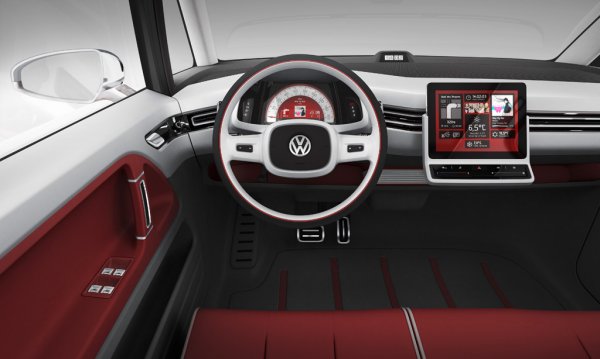
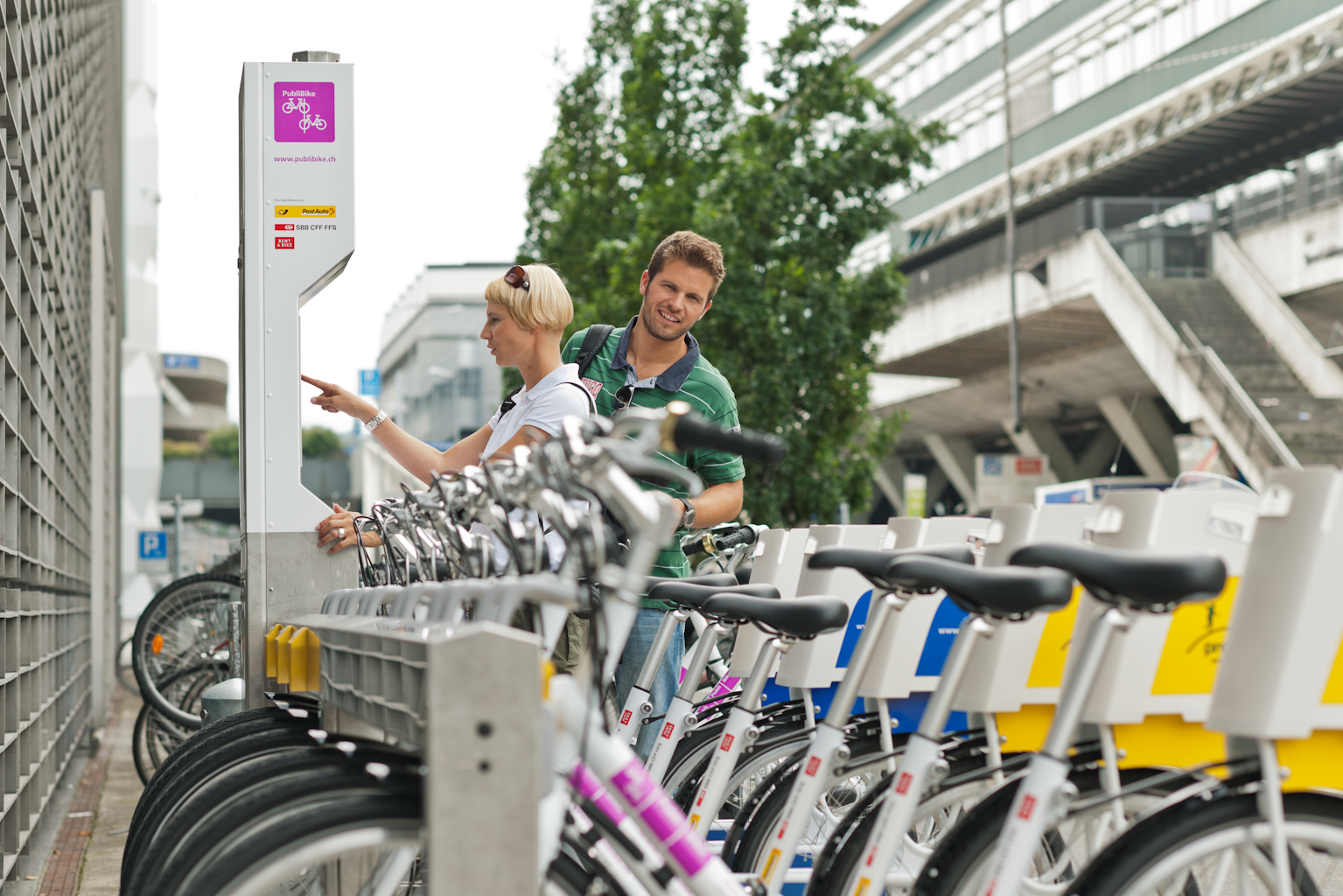

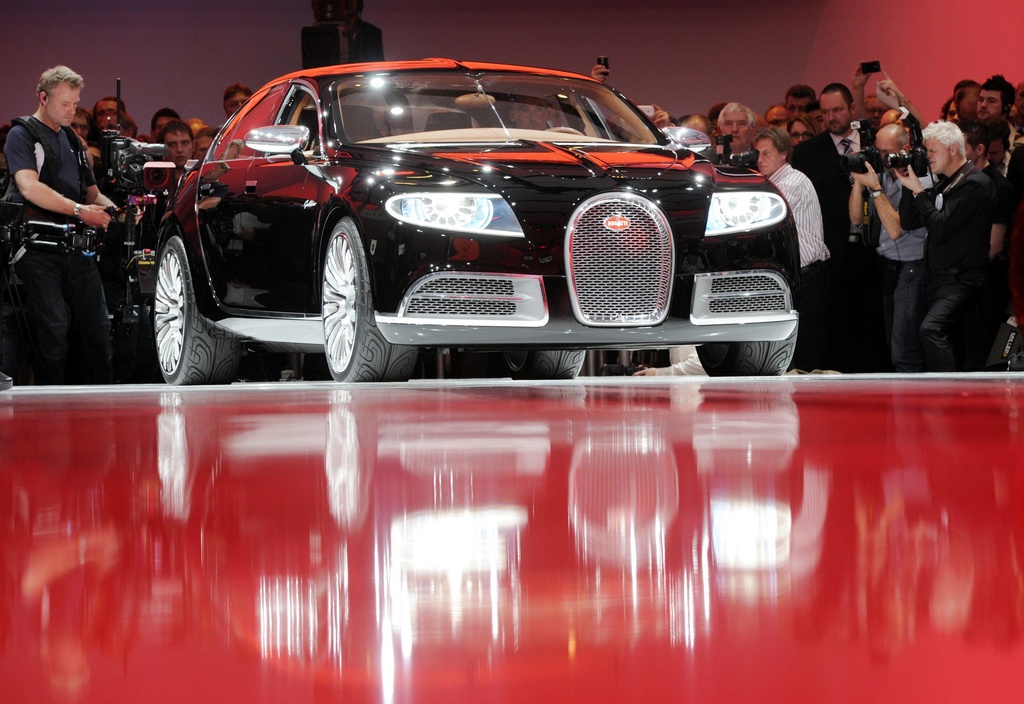
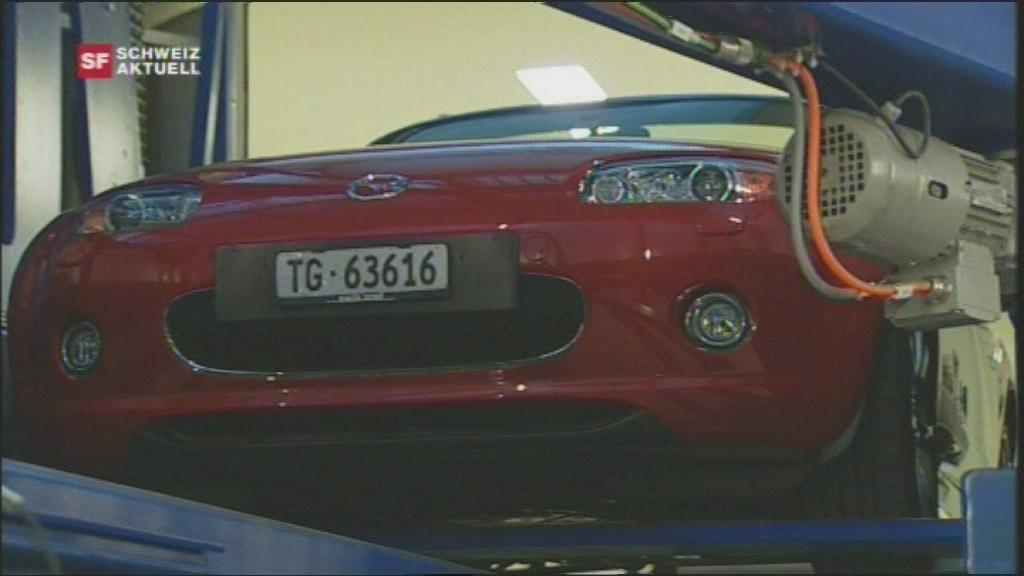
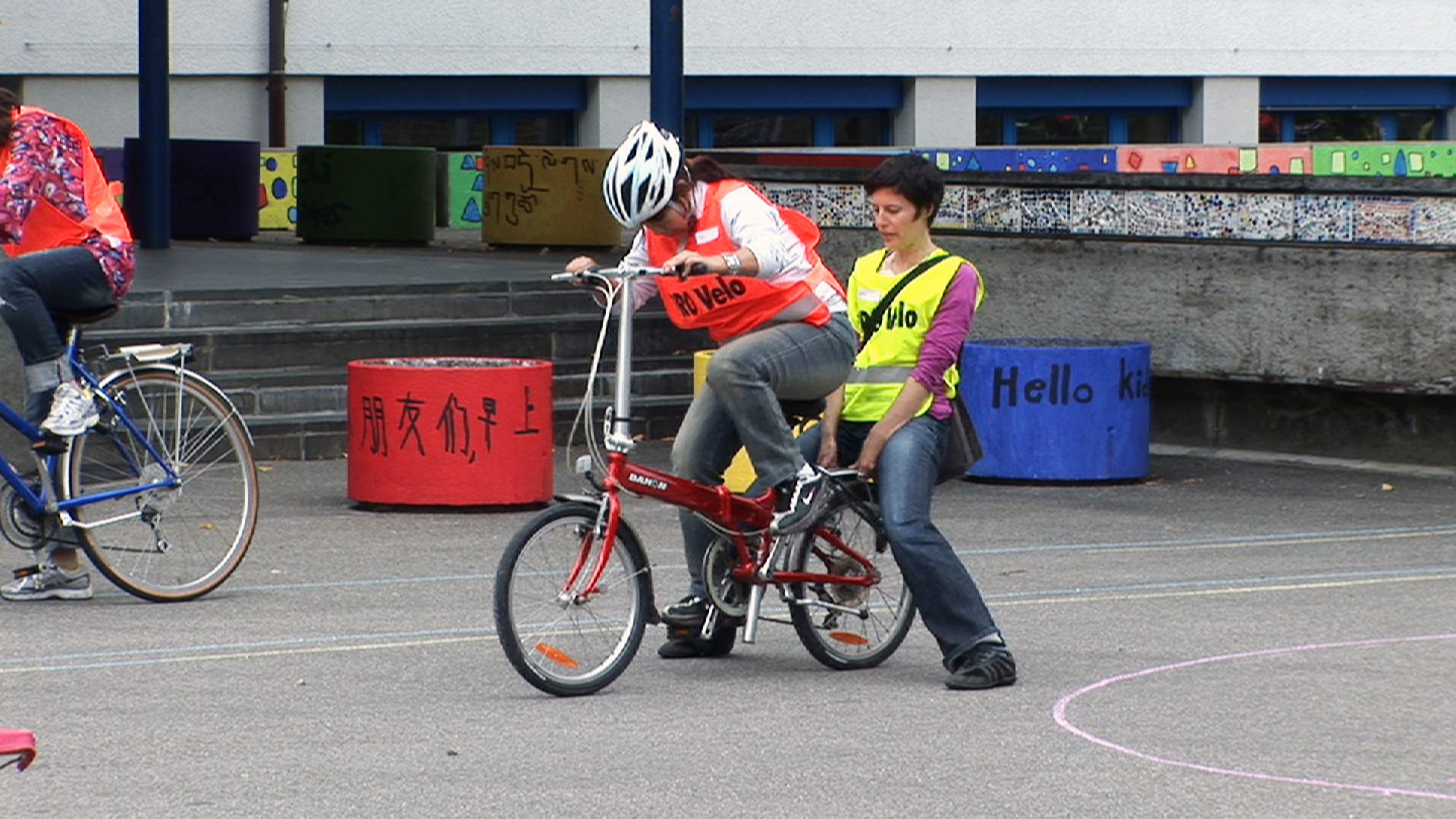
You can find an overview of ongoing debates with our journalists here. Please join us!
If you want to start a conversation about a topic raised in this article or want to report factual errors, email us at english@swissinfo.ch.